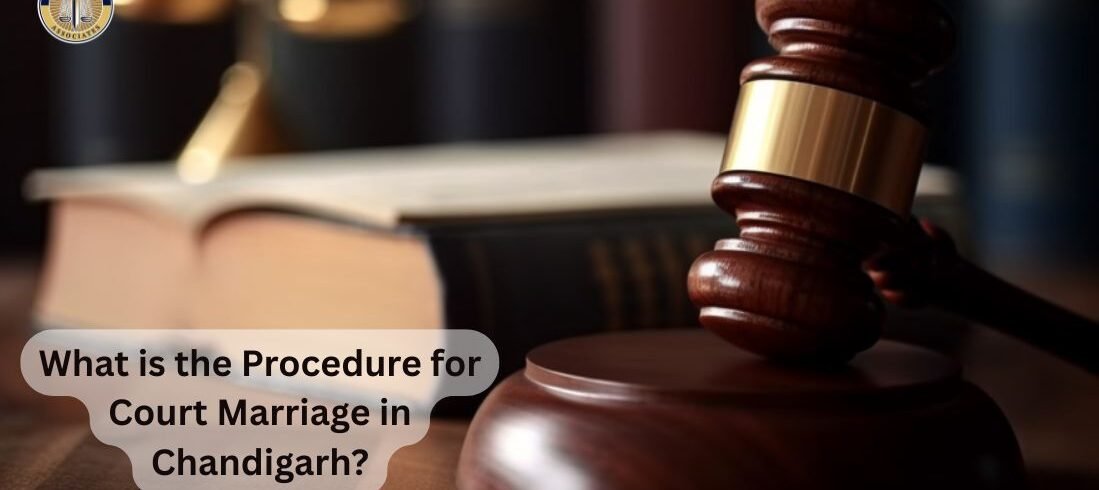Court Marriages: A Simple Path to Legal Union

Marriage is often considered one of life’s most meaningful commitments, but the way couples choose to tie the knot can vary. Among the many methods, court marriage stands out as a practical, straightforward option. It’s not just for those avoiding lavish ceremonies—this legal route offers significant benefits. If you’re curious about what court marriage entails, its requirements, or the process, this guide will walk you through everything you need to know.
Understanding Court Marriage
Court marriage is a legal procedure that allows two individuals to marry under the law without religious rituals or cultural traditions. It’s not only simple but also provides equal rights and recognition for the couple, regardless of their background.
What is Court Marriage?
At its core, court marriage refers to the process of getting married through a legal ceremony officiated by a marriage registrar. Unlike traditional marriages performed in churches, temples, mosques, or other places of worship, court marriage is purely secular. It’s designed to uphold the couple’s rights under the law, ensuring that their union is legally binding and recognized by the state.
This form of marriage eliminates the need for elaborate celebrations, making it an excellent choice for those who prefer efficiency, privacy, or neutrality. The focus is purely on legality, freeing couples from societal expectations of pomp and grandeur.
Who is Court Marriage For?
Court marriage isn’t limited to specific types of relationships or situations. Couples with diverse backgrounds choose this route, and their reasons are as varied as their stories.
For some, it’s the first choice because of its simplicity and affordability. For others, it’s a necessity, particularly for interfaith or intercaste couples who may face societal or religious barriers. Additionally, court marriage offers legal security for relationships, ensuring that both parties are protected under the law.
It’s also an ideal option for couples who value their privacy. If the thought of a crowded, traditional wedding fills you with dread, court marriage provides a low-key alternative. Whether you’re looking for simplicity, protection, or just a less complicated way to say “I do,” court marriage may be the perfect answer.
Legal Requirements for Court Marriages
Before heading to the courthouse, it’s important to know the legal requirements. While the specifics can vary slightly depending on the country or state, the core criteria remain consistent. Having the correct documentation and meeting eligibility standards are essential parts of the process.
Eligibility Criteria
Not everyone is automatically eligible for court marriage. Here are the key conditions that must be met:
- Age Requirement: Both partners must meet the minimum legal age for marriage, typically 18 years for women and 21 years for men, though this can vary by location.
- Consent: Both individuals should consent voluntarily, without coercion or pressure.
- Marital Status: Neither person should already be married to someone else at the time of the ceremony. Proof of divorce or spouse’s death may be required if one or both individuals were previously married.
These criteria ensure that the process is fair, safe, and legally valid.
Documents Needed
To proceed with the court marriage, you’ll need to gather specific documents. Proper documentation keeps the process seamless and prevents delays. Here’s a list of commonly required items:
- Proof of Identity: A government-issued ID such as a passport, driver’s license, or national ID card.
- Proof of Residence: Utility bills, lease agreements, or other documents verifying your address.
- Birth Certificates: To confirm your age and eligibility.
- Photographs: Passport-sized photos of both individuals.
- Affidavits: Signed statements declaring your marital status, age, and intention to marry.
- Witness IDs: Your witnesses must also present valid identification.
Double-check the requirements with your local marriage registrar, as minor differences in documentation rules may exist.
The Court Marriage Process

The court marriage process might sound technical, but it’s straightforward if you follow the right steps. Here’s a simple guide to help you understand how it works.
Filing the Application
The journey starts with filing an application at your local marriage registrar’s office. Both individuals must sign the form, providing personal details such as name, age, address, and marital status. In many places, this application also includes a notice of the marriage, which allows anyone to raise objections (if any) before the marriage can proceed.
The notice is typically displayed publicly for 30 days, as a safeguard against fraud or unlawful marriages.
Verification and Witness Requirements
After filing the application, authorities will verify the submitted documentation. During this phase, details such as age, marital status, and identity are cross-checked. This step not only ensures compliance with the law but also protects both individuals.
For the marriage ceremony itself, you’ll need a minimum of two or three witnesses (depending on the jurisdiction). These witnesses affirm that the marriage happened lawfully and without any force. Witnesses can be friends, family members, or colleagues, provided they meet the legal criteria.
Marriage Registration and Certificate
Once the verification process is complete, the registrar will schedule your marriage ceremony. On the day of the ceremony, both individuals, along with their witnesses, appear before the registrar. After completing the required formalities and signing the marriage register, the couple is officially declared married.
You’ll receive a marriage certificate, a crucial legal document that acts as proof of your union. It’s essential for filing taxes, applying for spousal visas, or making legal claims in the future.
Advantages and Common Concerns
Court marriage isn’t just about skipping the frills of a traditional wedding—it comes with tangible benefits. However, like any decision, it’s common for people to have concerns or misconceptions.
Why Opt for Court Marriage?
There are several benefits of choosing court marriage:
- Cost-Effective: Compared to traditional weddings, court marriages are far more affordable. You won’t need to spend on expensive venues, catering, or decorations.
- Neutral and Inclusive: Court marriage transcends religious and cultural boundaries, making it an ideal choice for interfaith and intercaste couples.
- Legally Secure: With a formal marriage certificate, your union is protected under the law, offering both parties equal rights and recognition.
- Quick and Efficient: Without the need for elaborate planning, court marriage can save you time and energy.
For couples who value practicality and equality, court marriage is a sensible option.
Conclusion
Court marriage provides a straightforward, legally secure way to make your relationship official. It’s an inclusive option for couples from all walks of life, offering simplicity, affordability, and protection. Whether you’re avoiding large gatherings, blending different faiths, or simply looking for a practical solution, court marriage is an excellent choice.For expert legal assistance with court marriages, visit Legal Guard Associates.




